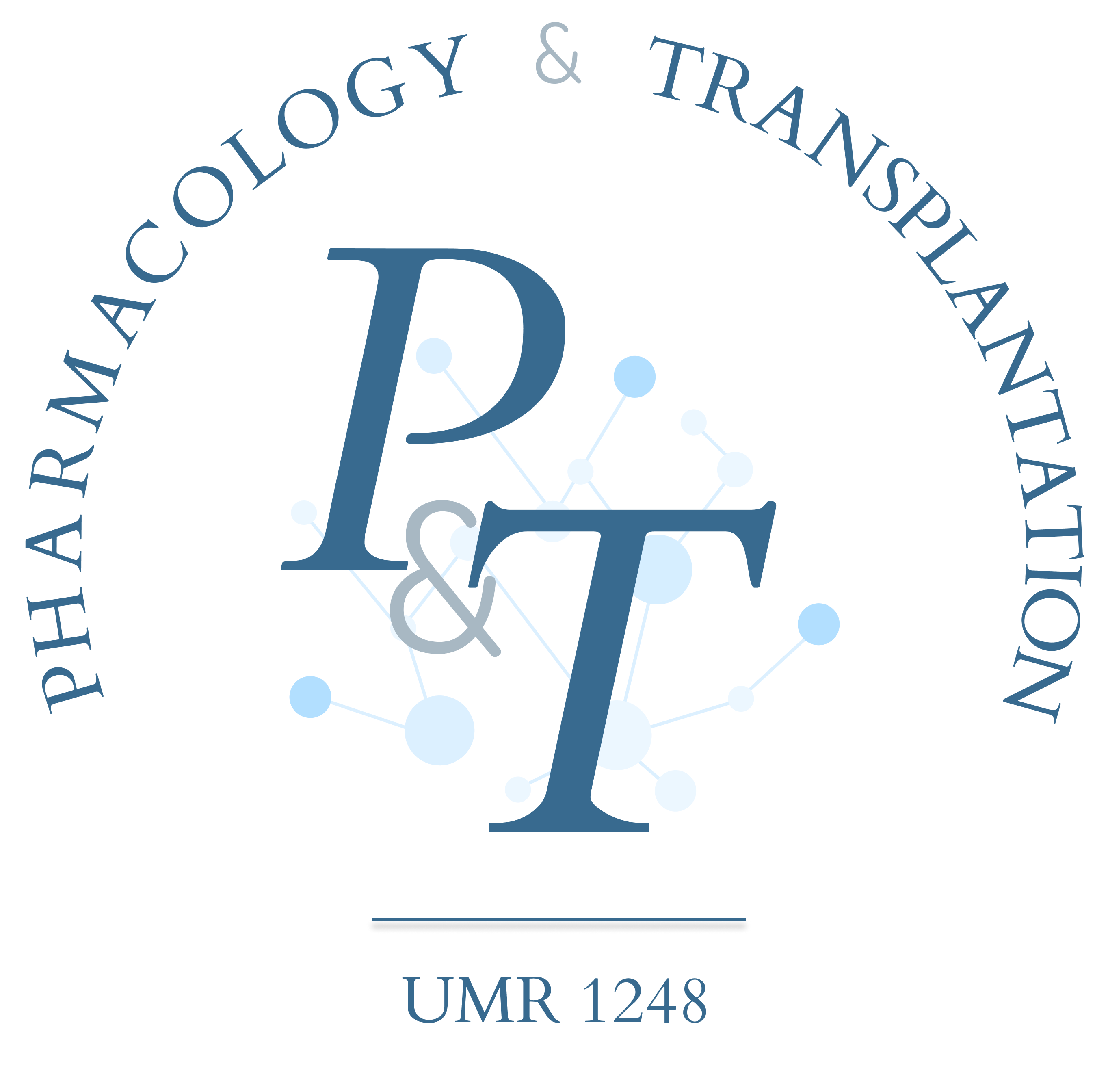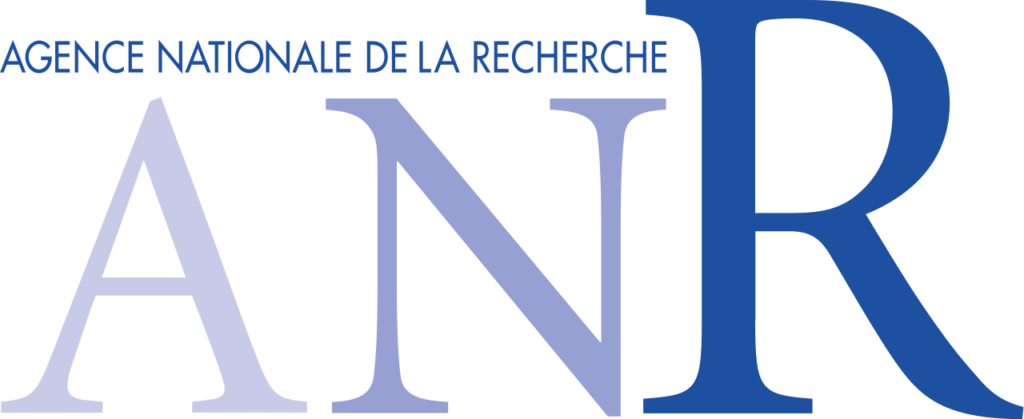Pharmacogenomics
Last modifications: 24/09/2019 by FDM
Coordinator
Staff
- Dr. Jean-Baptiste Woillard
- Dr. Marilyne Debette-Gratien
- Hélène Arnion
- Claire-Cécile Barrot
- Joseph Berthier
- Safae ASSIKAR
Pharmacogenetics is the field that studies the influence of variations in DNA sequence (genetic variability) on drug response. It explains part of the inter-individual variability in terms of: (i) pharmacokinetics (PK), with genetic variations concerning the expression or activity of the proteins involved in the metabolism or transport of drugs; and / or pharmacodynamic with variations on genes encoding receptors or other drug target proteins. The investigation of some genetic variations may, in certain cases, predict the therapeutic response to a drug, individualize the dose of a drug (in addition to standard therapeutic drug monitoring (TDM)), prevent the occurrence of adverse effects or in a « retrospective » setting to understand the occurrence of an adverse effect (or other abnormal therapeutic response) by incriminating or excluding a genetic cause. An example of the CYP3A4 * 22 / CYP3A5 * 3 activity variations resulting in tacrolimus trough levels differences is given in Figure 1.
Figure 1: Metabolic classification according to CYP3A4*22 and CYP3A5*3 status.
Our pharmacogenetic research project consists in applying sophisticated statistical methods (clustering, SPLS-DA, …) and developing tools or methods that help to analyze very large omic data, in particular those generated by NGS (Next Generation Sequencing).
Indeed, the technology in genetics has evolved very rapidly in recent years to analyze more sequences, more quickly and at a lower cost. The disadvantage is that these new technologies require bioinformatics skills to process complex output files produced by the analyzers. On the other hand, the amount of data generated in a small number of patient requires the implementation of statistical analyzes adapted to the processing of large samples for which the « conventional » methods cannot be applied. An example of hypervariable gene cluster identification in post-transplantation lymphoma (PTLD) from variants identified in whole exome in 8 matched cases/controls is presented in Figure 2 (PhD work of Claire Cécile Barrot). A similar approach is applied to identify transcriptomic biomarkers of resistance to rituximab in the treatment of pemphigus (PhD Safaé Assikar).











